How to Prepare for Brain Tumor Surgery



Brain Tumor Surgery: What to Expect
Brain tumor surgery removes abnormal cells from your brain. The exact type of surgery you have depends on your type of tumor, the size of your tumor, and where it is. This guide walks through what to expect before, during, and after your surgery.
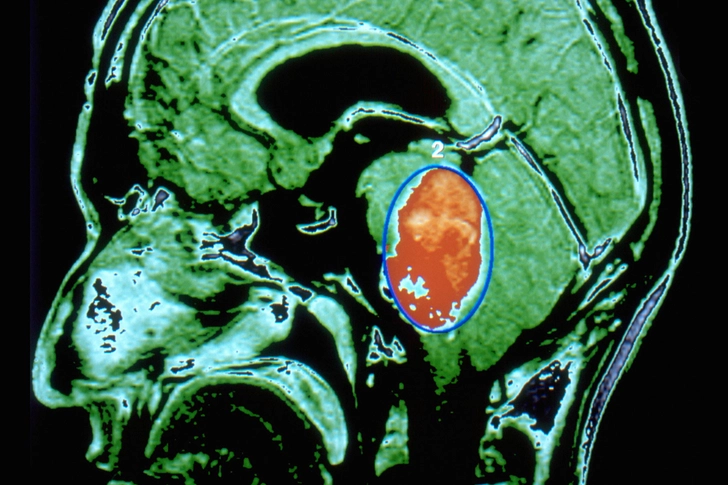
What Is a Brain Tumor?
It’s a mass of abnormal cells growing in or around your brain. It might be benign (not cancerous) or malignant (cancerous). Either type can affect your health or the way you function. Some brain tumors may not cause any symptoms. A brain tumor might start in your brain or be cancerous cells that spread to your brain from another part of your body.
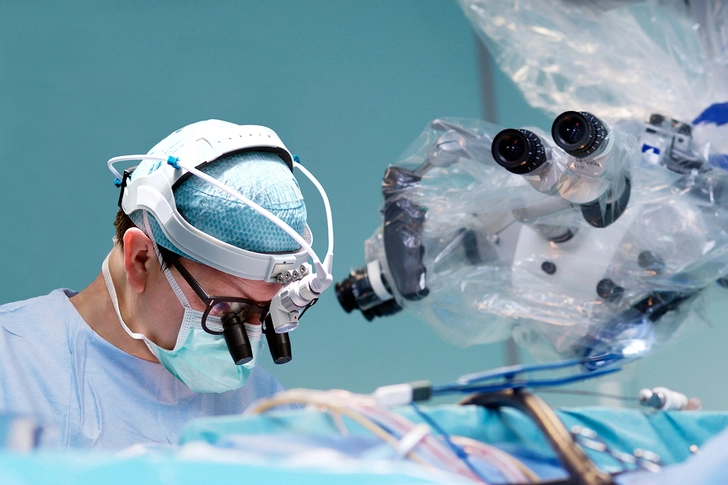
When Is Surgery an Option?
The most common treatment for a brain tumor is surgery. It may be the best treatment to relieve your symptoms, get rid of your tumor completely, or take a biopsy for more information. If your tumor is located where your doctor thinks they can get to it safely, without too much risk to your health, surgery is usually the best option. But some tumors are too deep or too close to important areas of your brain, or their borders aren’t clear enough to opt for surgery.
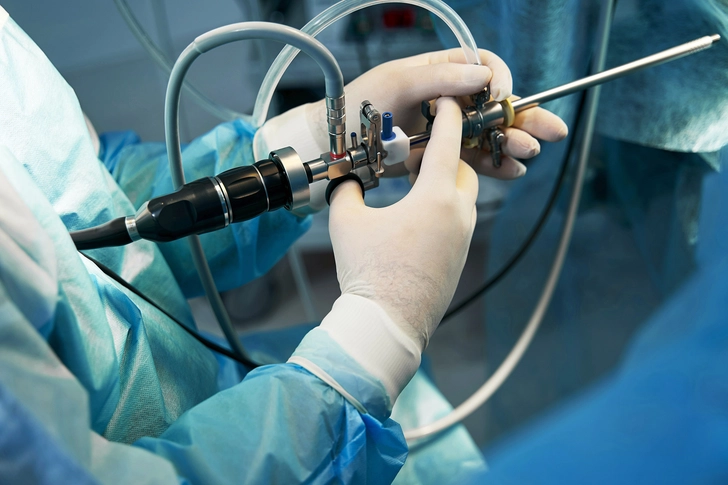
Types of Brain Tumor Surgeries
Your brain surgery might be a craniotomy, where a surgeon makes a cut in your scalp and removes a piece of your skull. But some types of brain tumors can be removed less invasively with procedures like neuroendoscopy. This procedure reaches your tumor through your mouth or nose with a small, flexible tube that has a light and camera. Or you may have a type of neuroendoscopy that uses a tubular retraction system that holds delicate tissue aside. This less invasive brain surgery has a lower risk of damage than a craniotomy and can be used to reach deep brain tumors.
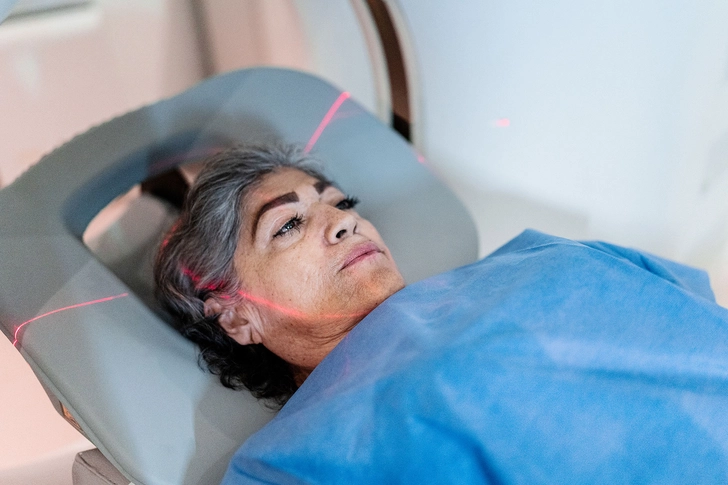
What Happens Before Surgery?
To be sure you get the most effective surgery, your doctor will first do several tests such as MRI, a PET scan, a CT scan, and possibly a biopsy. These tests let them see where your tumor is, what part of your brain is affected, how quickly your tumor is growing, and any DNA changes in your tumor. You’ll meet your surgical team. They’ll walk you through anything you need to do in the days or weeks leading up to your surgery, such as stopping certain medications or starting others.

How to Prepare for Surgery
Aside from medical tests, you can prepare by taking care of logistics. That may include assigning a point person to communicate with friends and family about how you’re doing during and after surgery. Make a plan for getting to and from the hospital. Pack the things you want to take with you. Try to get a good night’s sleep the night before, and follow all pre-op instructions from your doctor. It’s likely you’ll need to fast for a certain number of hours before your procedure.

Day of Surgery: What to Expect
After you check into the hospital, you’ll change into a gown, remove any jewelry, and enter the operating room on a rolling bed. Your team will put an IV in your arm for fluids and medication you’ll receive during surgery. You may be kept awake for your surgery (with local numbing medication to prevent pain) if your doctor needs to see how the tumor is affecting certain functions. Or, you may get general anesthesia and be completely asleep. Your team will monitor your vital signs closely during surgery. The specifics and length of your surgery depend on your type of tumor and where it’s located.
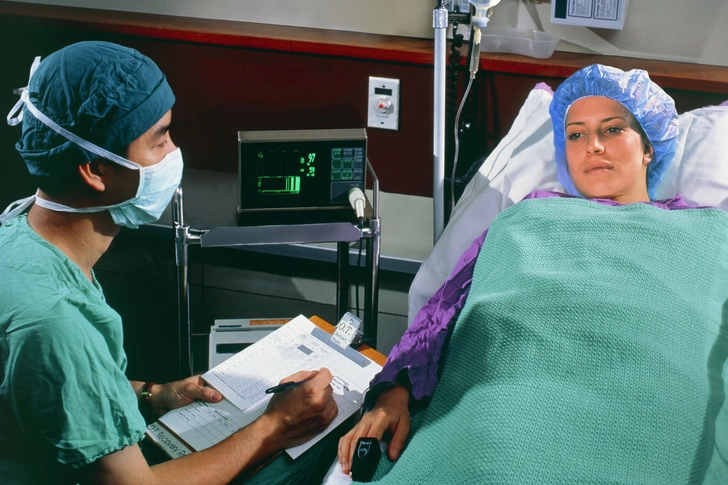
After Surgery: What to Expect
You’ll be taken to a recovery room -- sometimes in the hospital’s critical care unit -- to wake up. You'll still be hooked to machines that monitor your vital signs. If your surgery involved an incision, you’ll have a bandage, and you may have a drain to help fluid leave your head. It’s common to feel disoriented or confused when you wake up, but this usually goes away after your anesthesia wears off. Once your team confirms you’re awake and stable, they’ll move you to a regular hospital room for the rest of your recovery.

Hospital Recovery
If you’re stable and don't have complications, your doctor will likely tell you to get up and move around as soon as possible after surgery. You may stay in the hospital recovering for a few days or even a week or longer, if your surgery was complex or your overall health needs closer care. You’ll have an MRI or CT scan after surgery so doctors can see how things look.

Potential Side Effects After Brain Tumor Surgery
You might feel sore, tired, and have a headache as you recover. Your team will help you manage these effects with medication. It’s possible you can have some changes to your speech -- slurred words or trouble finding words quickly. You may also move more slowly. You may work with physical therapists, occupational therapists, speech therapists, and other specialists to help restore your function.

At-Home Recovery
Your doctor will give you detailed instructions about caring for yourself (including wound care if you have an incision) at home after you leave the hospital. You’ll need to rest for several weeks. Take precautions such as no heavy lifting and no vigorous exercising. Ask your doctor when it’s safe to drive and OK to get your incision wet.

After Surgery: Next Steps
Your surgeon will tell you when they need to see you for a follow-up to remove staples or stitches, and to check you. Typically, this is about a week after your surgery. Your team may recommend post-op care such as ice for swelling and medications for pain. Some symptoms could be signs of complications. Contact your doctor if you have fever; pain, swelling, pus, red streaks, or warmth in the area of the surgery; headaches that continue or get worse; sudden vision changes; vomiting; chest pain; shortness of breath; or fainting.

Getting Support
Even if surgery removed all of your brain tumor, it’s normal to feel worried and uncertain about your health and future. Talk to your medical team about how you’re feeling. They can refer you to support groups or mental health professionals to support your emotional wellness. The National Brain Tumor Society website has an extensive list of resources you can turn to for help with grief, fear, depression, anxiety, symptom management, and more.
IMAGES PROVIDED BY:
1) iStock/Getty Images
2) Corbis Documentary/Getty Images
3) Stone/Getty Images
4) iStock/Getty Images
5) E+/Getty Images
6) E+/Getty Images
7) DigitalVision/Getty Images
8) Geoff Tompkinson/Science Source
9) iStock/Getty Images
10) E+/Getty Images
11) DigitalVision/Getty Images
12) iStock/Getty Images
13) iStock/Getty Images
SOURCES:
Mayo Clinic: “Brain tumor surgery.”
Cleveland Clinic: “Brain Cancer (Brain Tumor),” “Brain Surgery.”
Johns Hopkins Medicine: “Brain Tumor Surgery,” “Endoscopic Endonasal Surgery.”
UCLA Health: “Preparing for Neurosurgery.”
National Brain Tumor Society: “Patients and Care Partners Share 17 Tips From Their Brain Surgery Experience,” “What to Expect Before and After Brain Surgery.”